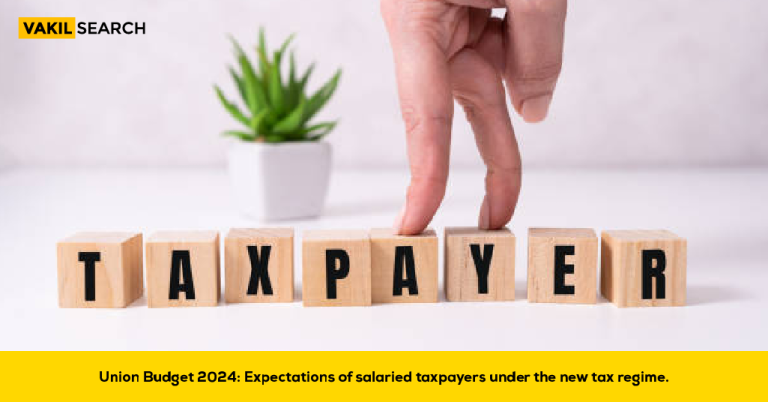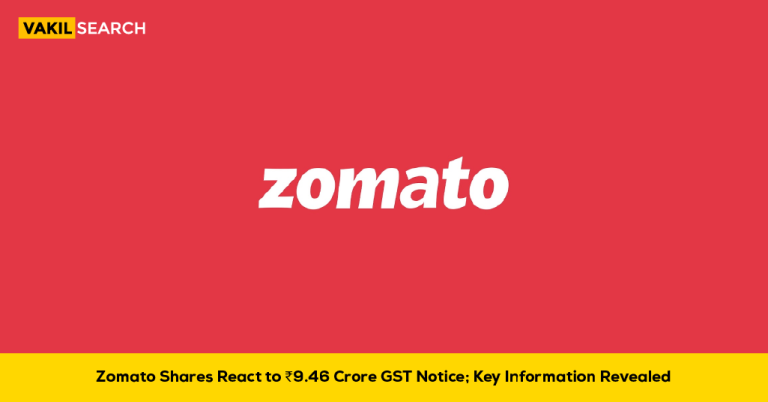As Finance Minister Nirmala Sitharaman prepares to present the Union Budget 2024-25, salaried individuals are hoping for significant benefits. This budget will mark Sitharaman’s seventh consecutive presentation, a record-breaking achievement surpassing former Prime Minister Morarji Desai’s six consecutive budgets.
Scheduled to be tabled during the Monsoon Session of Parliament from July 22 to August 9, the budget follows numerous pre-budget consultations with industry leaders and state finance ministers.
Higher Deduction Under Section 80C
Currently, Section 80C allows taxpayers to claim deductions of up to ₹1.5 lakh per financial year for investments and expenses. Experts anticipate this limit will be increased to ₹2 lakh, providing much-needed relief to taxpayers.
Increased Standard Deduction Limit
According to the Times of India, the finance ministry is considering raising the standard deduction limit for incomes under the new tax regime, while maintaining the existing exemption-filled regime. Ritika Nayyar, partner at Singhania & Co, highlighted, ‘There’s a long-standing demand for an increase in the amount of standard deduction for salaried individuals and some increase in the rebate amount.’
In the 2023 Budget, Sitharaman introduced a standard deduction of ₹50,000 for salaried taxpayers and pensioners, making it the default unless opted out.
Higher Deduction on Housing Loans
Taxpayers are also anticipating an increase in the cap for housing loan deductions. Currently, under Section 24(b), the deduction on interest on home loans is capped at ₹2 lakh. Experts expect this to be raised to ₹3 lakh.
Broader Tax Breaks
Additionally, taxpayers are hoping for key tax breaks such as the HRA (house rent allowance) exemption, home loan interest deduction, and health insurance premium deduction to be included under the new tax regime. As the Union Budget 2024-25 approaches, salaried taxpayers are looking forward to potential changes that could significantly impact their financial planning and tax liabilities.
As the anticipation builds for Union Budget 2024-25, salaried taxpayers are focusing on key expectations that could alleviate their tax burden and enhance financial planning. One of the foremost expectations revolves around Section 80C deductions, with experts forecasting an increase from the current ₹1.5 lakh to ₹2 lakh per financial year. This adjustment would provide much-needed relief by incentivizing investments in avenues such as provident funds, insurance premiums, and equity-linked savings schemes.
Furthermore, there’s optimism surrounding a potential increase in the standard deduction limit for salaried individuals, aimed at easing taxable income burdens. The recent introduction of a ₹50,000 standard deduction in the previous budget has set a precedent for further adjustments that could benefit taxpayers under the new tax regime.
As salaried taxpayers await the unveiling of Union Budget 2024-25, navigating the intricacies of tax reforms and potential benefits requires expert guidance. Vakilsearch offers specialised tax advisory services tailored to help individuals and businesses stay informed and compliant with evolving tax laws. Whether it’s maximising deductions under Section 80C, understanding changes in standard deduction limits, or optimising tax planning strategies, our expert team stands ready to assist. Partner with Vakilsearch to ensure you make informed financial decisions amidst the changing tax landscape in India.











